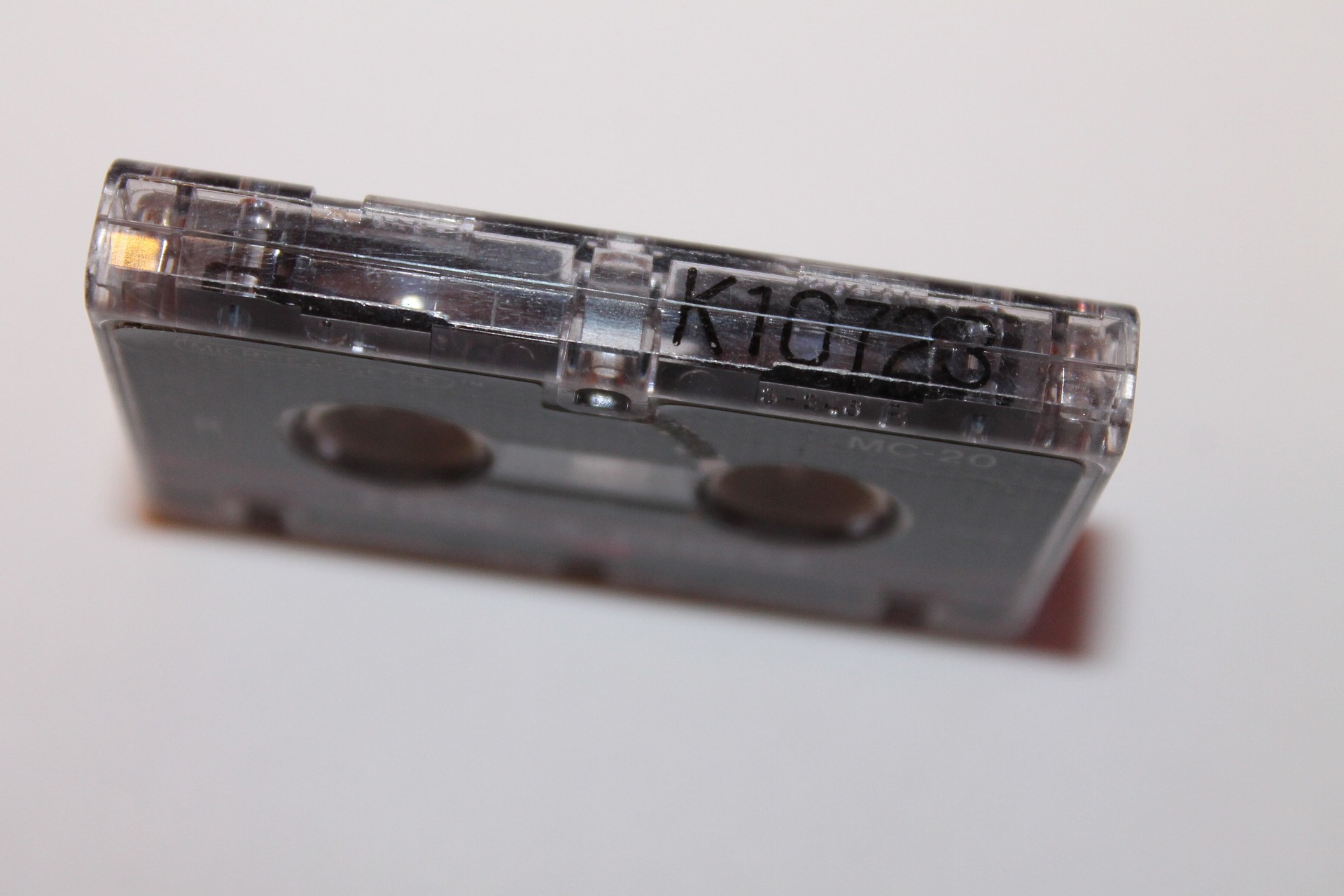Remember those days of taping the top 40 straight from the radio?
Or making your loved one a mixed cassette tape of your favourite songs?
Times have moved on – tapes may well be a thing of the past for most people – but here at FSTL, we still work with tapes from clients. It may be old school but it still works!
Many public bodies still use tapes to record interviews; including the Police and Local Authorities. Local Authorities often record HR interviews, Fraud and Financial Investigation Interviews. The growing area of Local Authority Fraud is a very interesting one…
Local Authority Fraud
Statistics relating to the overall cost of fraud to local government vary widely – anywhere from £2.1 billion to £7 billion annually. It’s a serious issue. Over the last decade the financial crisis, de-centralisation of government and austerity measures mean that local authorities are being expected to do much more with considerably less. The pressure is truly on.
Tackling fraud in local government is just one way in which local authorities can protect those vital front-line services and make real financial savings.
Housing fraud is the biggest culprit at 74.1% of total fraud reported. Business rates has become the largest growing area of fraud, rising from £4.3m in 2016-17 to £10.4m in 2017-18. It now accounts for 3.4% of all fraud reported by councils.
What types of fraud?
Local authorities have a clear message: they will not tolerate any level of fraud. Fraudsters will be brought to account quickly and efficiently, and losses will be recovered. Investigations of fraudulent activity will be undertaken which could be as a result of:
- deception
- forgery
- extortion
- blackmail
- conspiracy
- collusion
- embezzlement
- false accounting / false representation,
- concealment of material facts,
- the offering of a gift or reward to influence a person’s actions
- misappropriation
Investigators will be involved in some or all of the following:
- evidence gathering
- interviewing witnesses and taking statements
- interviewing the alleged perpetrator
- preparing the case for court
- giving evidence at court
What role does FSTL play?
FSTL have vast experience of transcribing for the legal sector. Check out our previous blog “Experience counts when it comes to transcription in the legal sector”
We become involved in the process after the interviews have taken place. Interviews are recorded and then transcribed and these documents become evidence that can be used in court. Producing a complete transcript of what was said within the interview is essential, as it’s one way of collecting reliable evidence to support the investigation. It’s a document that can easily be referred to at any point throughout the process. There may be multiple interviews required and transcribing them makes this element of the investigation easier for the the investigators to deal with. They can simply refer to the salient points of the interview without having to listen to the audio or video interview itself. The transcribed interview(s) will be a vital part of the case evidence, whether the case has been settled or needs to go a step further.
FSTL still receive a number of these interviews on cassette tapes! It’s how we started transcribing 30 years ago and we still can transcribe from them today! Many transcription agencies are no longer able to work with cassettes as they now only use more modern forms of technology. Rest assured FSTL are on hand to accommodate our clients recordings, from cassette tapes or any other form of media… now if you’ll excuse us, we’ll get back to the typewriter*.
*we no longer use typewriters!

